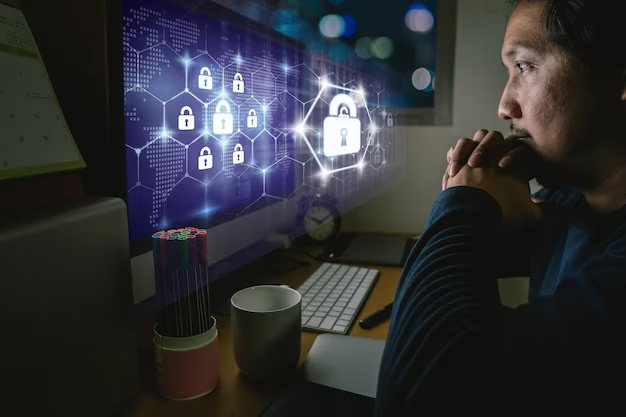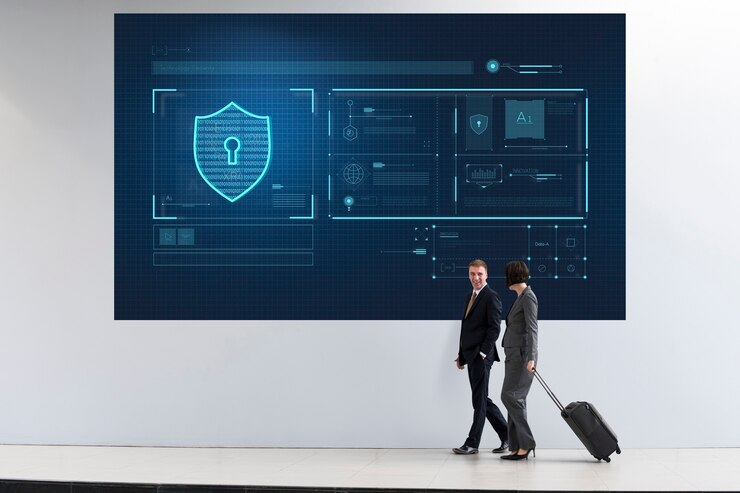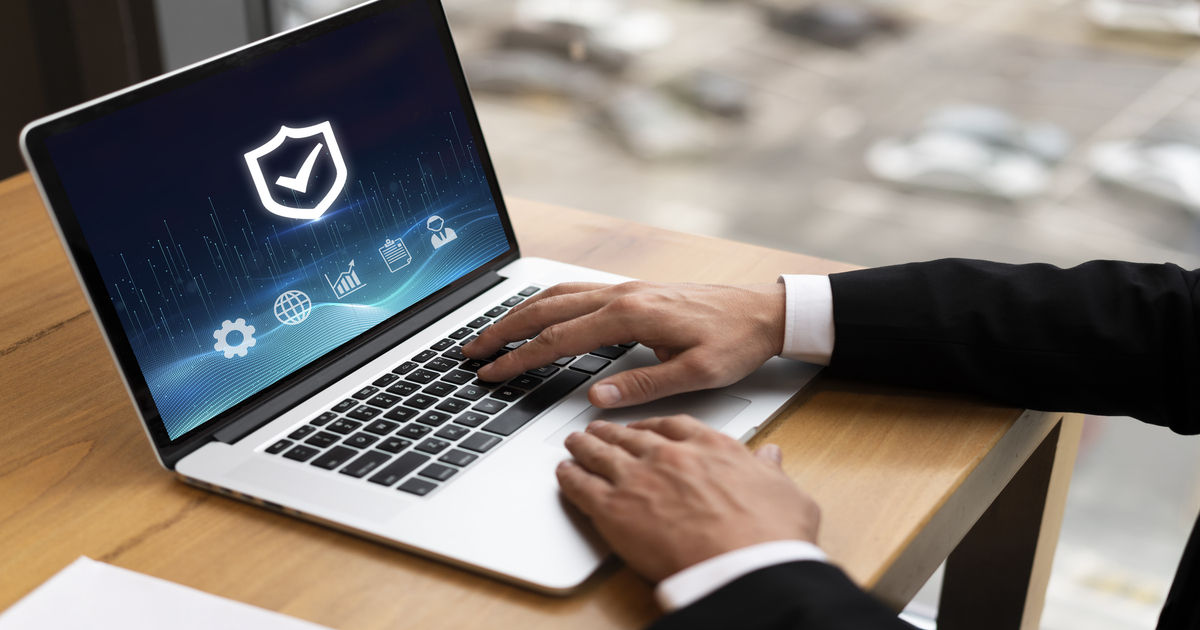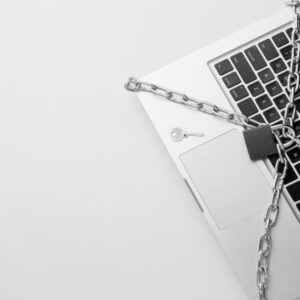Practical cybersecurity
Cybersecurity is an increasingly important and urgent topic in the digital age, as it involves the protection and integrity of information circulating on the internet and connected devices. With the rise of cyberattacks, which can cause financial, operational, and reputational damages for both individuals and businesses, it is essential to adopt preventive and corrective measures to ensure cybersecurity.
In this article, we will present some practical cybersecurity tips for home and professional users, based on the National Cybersecurity Strategy (E-Ciber), published by Decree 10,222 of 2020, which aims to provide an overview of Brazil’s role regarding cybersecurity and guide development in this area until 2023.
What is cybersecurity?

Cybersecurity is the set of actions, processes, technologies, and standards aimed at protecting systems, networks, data, and people against cyber threats, which can range from intrusion attempts, theft, or leakage of information to attacks that compromise the functioning of essential services.
Cybersecurity involves both technical and behavioral aspects, meaning it depends not only on protection tools and devices but also on users’ awareness and education about risks and best practices in the digital environment.
Why is cybersecurity important?

Cybersecurity is important because information is one of the most valuable assets today, both for individuals and organizations. Protecting this information is essential to ensure privacy, trust, competitiveness, and economic growth.
Furthermore, cybersecurity is important because cyberattacks are becoming more frequent, sophisticated, and damaging, potentially affecting both home users and critical infrastructure of the country. According to the IBM Security report of 2021, the average cost of a data breach caused by a hacker attack worldwide is $4.35 million, a 13% increase in two years.
In Brazil, the scenario is also concerning. According to Gabriel Catropa, CTO of cybersecurity at IBM Security, Brazil was one of the most attacked countries in Latin America in 2021. In the region, phishing was the most used attack vector by hackers, and ransomware was the most common form. The average cost of a hacker attack in Latin America in 2021 was $2.09 million.
How to protect against cyber threats?

To protect against cyber threats, it is necessary to adopt a proactive and strategic posture, based on the risks and priorities of each user or organization. Below, we list some practical cybersecurity tips for home and professional users:
- Use strong and unique passwords for each online account or service. Avoid using personal or obvious information in passwords. Change passwords periodically and use a reliable password manager to store them.
- Enable two-factor authentication whenever possible. This is an extra layer of security that requires additional confirmation to access an online account or service, such as a code sent via SMS or through an app.
- Keep operating systems and applications updated. Updates fix vulnerabilities that can be exploited by hackers. Monitor available updates regularly and install them promptly.
- Install and update quality antivirus software. Antivirus is an essential tool for detecting and removing viruses, malware, and other threats that can infect your device or steal your information. Choose antivirus from a recognized company and make sure it is always active and updated.
- Backup your important data. Backup is a backup copy of your data, which can be done on an external device or in the cloud. Backup is important to prevent data loss in case of attack, theft, loss, or damage to your device. Backup your data regularly and make sure it is accessible and intact.
- Protect your Wi-Fi network. Wi-Fi network is the gateway to the internet and therefore needs to be secure. Use a strong password for your Wi-Fi network, change the default name of the router, disable remote access and WPS, and update the router firmware. Also, avoid using public or unknown Wi-Fi networks as they may be insecure or fake.
- Be cautious with suspicious links and attachments. Links and attachments are the most common ways to spread viruses, malware, and scams over the internet. Do not click on links or open attachments that you do not know or seem strange. Always check the sender, subject, and content of the message before clicking or opening anything.
- Do not share personal or confidential information over the internet. Personal or confidential information can be used by hackers to steal your identity, access your accounts, or perpetrate scams. Do not share information such as full name, CPF, RG, address, phone number, credit card, passwords, or bank details over the internet. Be wary of messages requesting this information and verify the authenticity of the website or contact before providing any data.
- Educate yourself about threats and cybersecurity best practices. Education is the best way to prevent and combat cyber threats. Seek information about types of attacks, protection methods, and recommendations from authorities and cybersecurity experts. Additionally, participate in training, courses, and events on the subject.

Cybersecurity is a subject that concerns all internet users, whether at home or in a professional context. With the increase of cyberattacks, which can cause irreparable damage, it is necessary to adopt protection and prevention measures to ensure the security of information and devices.
In this article, we have presented some practical cybersecurity tips for home and professional users, based on the National Cybersecurity Strategy (E-Ciber). We hope they are useful for you to protect against cyber threats and navigate the internet with more peace of mind.
Did you like this topic? See more content about: Cybersecurity
Source: cybernx





